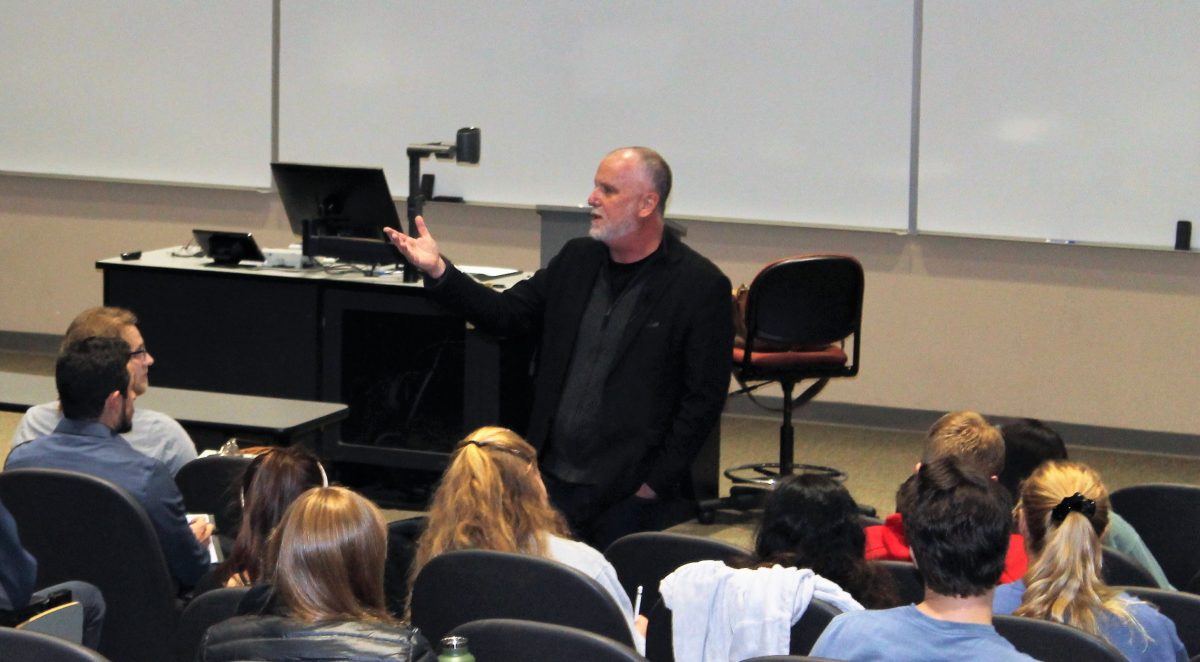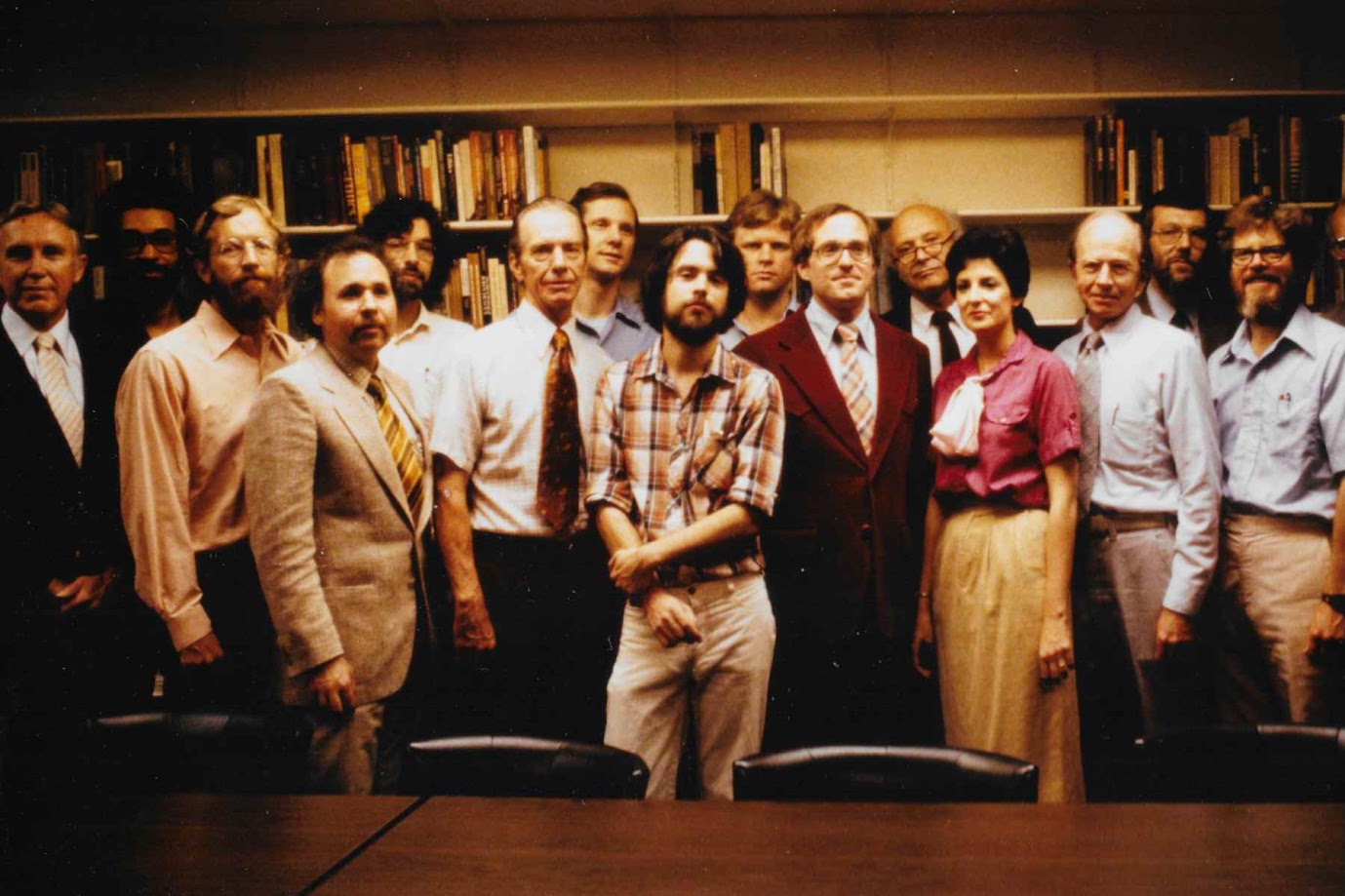Know-It-All Society

A large audience attended NC State University’s fifth World Philosophy Day Lecture on the afternoon of Thursday, November 21, 2019. The speaker was Michael Patrick Lynch of the University of Connecticut, who spoke on the topic “Know-It-All Society: Digital Culture, Political Fragmentation and Democracy.”
World Philosophy Day has been celebrated internationally on the third Thursday of November since 2002. It was officially proclaimed by UNESCO in 2005 to celebrate and advance philosophy as “a discipline that encourages critical and independent thought … capable of working towards a better understanding of the world and promoting tolerance and peace.”
An author of numerous articles and six highly-regarded books, Lynch is Board of Trustees Distinguished Professor of Philosophy and director of the Humanities Institute at the University of Connecticut. He is also director of the New England Humanities Consortium.
Lynch’s early work in philosophy focused on metaphysical questions about the nature of truth, but over the years he has become more interested in the topic of truth and reason in public life. His World Philosophy Day Lecture drew on his most recent book, Know-It-All Society: Truth and Arrogance in Political Culture (Penguin Random House, 2019).
In his lecture, Lynch explained the tribal arrogance that dominates our political relationships with each other and distorts our relationship to facts on the basis of three factors: the nature of political conviction, the impact of the internet and the politics of arrogance.
A conviction, Lynch observed, is not merely a belief, but a commitment that reflects one’s self-image. So attacks on convictions are felt as a threat to identity. As a result, convictions are much more difficult to adjust in light of counterevidence than everyday beliefs.
The internet reinforces our convictions through individually-tailored content-delivery at tremendous speed. It gives us information that we want, but shields us from many facts that are relevant to making informed judgments. Social media feeds, in turn, increase tribal arrogance by bolstering our convictions and getting us riled up at the other side.
Finally, many people are attracted by the politics of arrogance because it gives them a feeling of power and knowledge that they do not possess. As Hannah Arendt observed, some leaders serve their own self-interest by encouraging seemingly contradictory attitudes among their supporters: a sense of anxiety coupled with a sense of superiority over those by whom they feel threatened. This encourages confusion between ego and truth, a key feature of arrogance.
To counter these challenges, Lynch recommended not only a reengagement with civic institutions and a redesign of digital platforms, but also the development of a Socratic sense of humility and open-mindedness.


